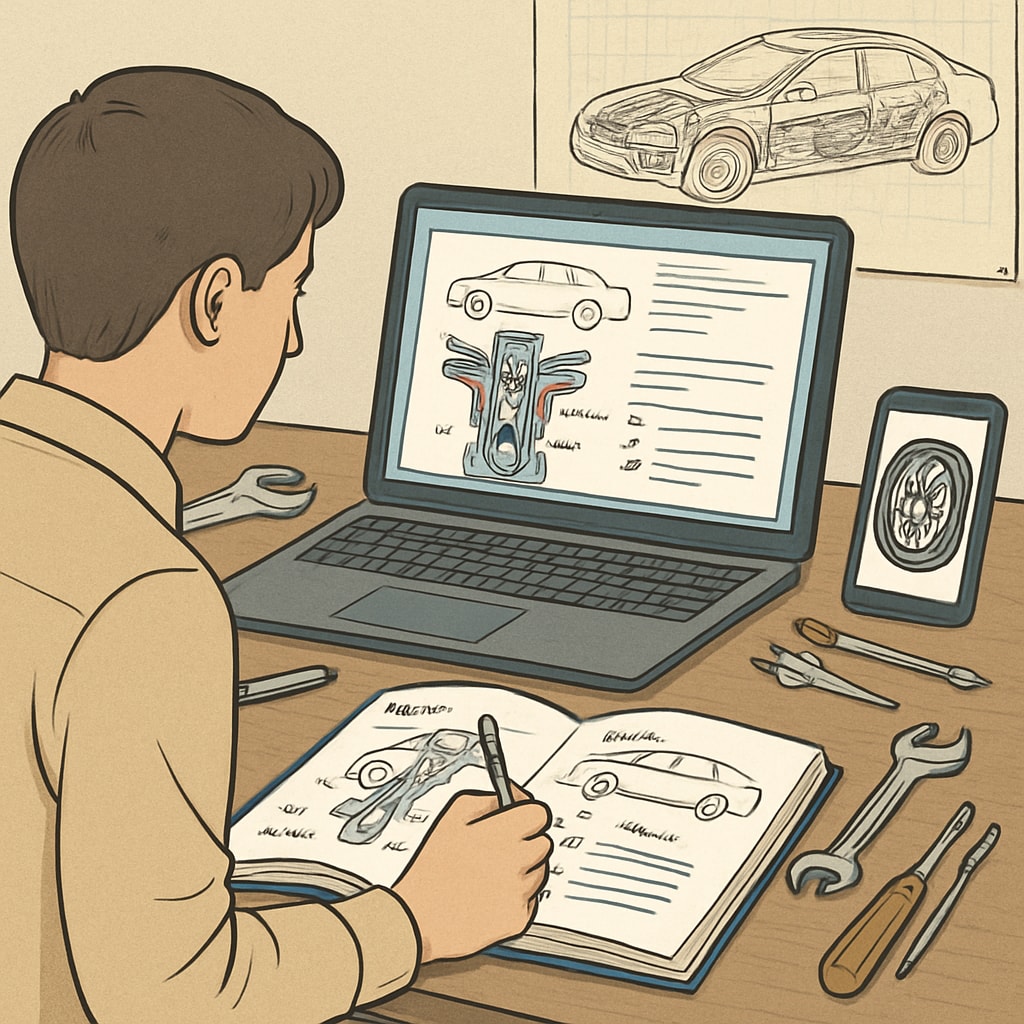For military personnel with an Associate Degree in Automotive Technology, pursuing a bachelor’s degree offers a pathway to expanded career opportunities and personal growth. This transition, which often involves strategies like credit transfer, academic program alignment, and exploring compatible fields, can help military members leverage their skills for success in civilian or advanced technical roles. Understanding how to navigate this process effectively is key to a smooth and rewarding educational journey.
Understanding Credit Transfer and Its Importance
One of the most significant steps in transitioning from an associate degree to a bachelor’s degree is the transfer of academic credits. Many universities offer credit transfer programs that recognize prior learning, particularly for military personnel. This process can save time and money by reducing the number of courses needed to complete a bachelor’s degree.
To maximize credit transfer opportunities, military members should:
- Request transcripts from their associate degree program and any military training programs.
- Research universities that have established partnerships with military education systems, such as the GI Bill.
- Consult with academic advisors to ensure that their coursework aligns with the bachelor’s program requirements.

Choosing a Compatible Bachelor’s Degree Program
When selecting a bachelor’s degree program, it’s essential to consider how it complements an Associate Degree in Automotive Technology. Degree programs in fields such as mechanical engineering, automotive engineering, or business management offer a natural progression. These fields build on the technical foundation established during the associate degree while incorporating advanced concepts and leadership skills.
Key questions to ask include:
- Does the program accept a high number of credits from associate degrees?
- Are there specializations that align with automotive technology, such as electric vehicle systems or automotive design?
- Does the program offer flexibility for military personnel, such as online courses or evening classes?

Career Opportunities After Earning a Bachelor’s Degree
A bachelor’s degree opens doors to a wide range of career opportunities that go beyond the scope of a technical associate degree. For example, graduates can pursue roles in automotive design, project management, or sustainable transportation systems. Additionally, leadership positions in the automotive industry often require a higher level of education.
Some notable career paths include:
- Automotive Engineer: Specializing in vehicle systems and innovation.
- Service Manager: Overseeing operations and customer relations in automotive service centers.
- Technical Advisor: Providing expertise on advanced automotive technology.
In addition, professional certifications, such as those offered by the National Institute for Automotive Service Excellence (ASE), can further enhance career prospects.
Conclusion: A Strategic Approach to Education and Career Development
Transitioning from an Associate Degree in Automotive Technology to a bachelor’s degree is a strategic move for military personnel seeking to advance their education and career prospects. By leveraging credit transfer systems, aligning with compatible academic programs, and targeting high-demand career paths, military members can achieve significant personal and professional growth. This pathway not only builds on their technical expertise but also prepares them for leadership roles in the evolving automotive industry.
In summary, careful planning, research, and utilization of available resources, such as military education benefits, are vital to making this transition successful. The journey from an associate degree to a bachelor’s degree is not just an academic milestone—it is a gateway to a brighter and more rewarding future.


